When a natural disaster strikes, you need to be prepared. This is true if you’re sheltering in your home, of course, but it’s even trickier if you need to evacuate and you’re not sure when you might be able to make it home.
“Every region of this country is vulnerable to some kind of natural disaster,” says Kathryn Van Marter, spokesperson with the Federal Emergency Management Agency (FEMA). “So everyone should have a ‘go bag,’ and it’s vital for that bag to include important documents such as financial information and prescriptions.”
The first step is to take inventory of all of your documents, contacts and valuables. Go through your files, both electronic and hard copies, pulling out (and printing out, if necessary) the important documents included in the list below. If you find that you’re missing anything, request copies. Make sure that all of your insurance is up-to-date, download any apps for banking or credit cards to your phone and print out a copy of any bills that you pay automatically so you have a reference.
Then pack it all in your go bag. Here is a list of the items that FEMA recommends you include.
Household Documents
Documentation related to everyone in your household (including pets) is necessary if you need to identify yourself or your family members.
Vital Records
These include birth certificates for each person in the household, a marriage or divorce certificate and adoption or child custody papers.
Identification
Make sure you include any passports, driver’s licenses, Social Security cards (which you’ll need to apply for disaster relief), green cards and military identification.
Pets
Don’t forget proof of ownership, vaccination documents and identification tags for your four-legged family members.
Financial Documents
You’ve heard of a medical first aid kit, what about a financial first aid kit? In fact, that’s exactly what FEMA says you should have—an Emergency Financial First Aid Kit.
Housing
You’ll need all paperwork related to where you live, including a copy of mortgage documents and the deed or your rental lease. You’ll also want to have property tax documents, homeowners or renters insurance and flood insurance policies, plus appraisals, photos and a list of valuable items that you own.
Car
Include your loan or lease documentation, or the title if you own the car, as well as the vehicle’s VIN number, a copy of the vehicle’s registration and your auto insurance
Income
Keep a couple of recent pay stubs and documentation of any government benefits or alimony or child support if you receive them. FEMA will need to know your before-tax income if you apply for disaster relief.
Tax Statements
You’ll need copies of your federal and state income tax returns from at least the previous year, plus receipts or statements for any vehicle tax you paid.
Estate Planning
Pack a copy of your will or trust, as well as any living wills and legal and medical power of attorney documents, along with a copy of your life insurance policy.
Financial Matters
You’ll need information on your bank accounts, such as routing and account numbers for checking and savings accounts (so FEMA can make direct deposits), as well as debit card information and documentation of investments or retirement savings.
Other Financial Obligations
Include information on credit cards, student loans, utility bills, alimony or child support if you pay them and automatic payments such as gym memberships.
Cash
Pack some cash in small bills, in case there’s an electrical outage or other issue that prevents ATMs and credit card machines from working.
Medical Documents
It’s critical to have all of the correct and up-to-date medical information for you and each family member if you need to seek medical help, or if you need a prescription refill.
Contact Information
Keep a list of the names, addresses and phone numbers for all of your doctors.
Prescriptions & Allergies
Make a separate list of all family members’ medications, along with the dosage information and the pharmacy. If anyone is allergic to a particular medication—or has other allergies—make a note of it.
Immunizations
Have copies of the dates and types of immunizations for all of your family members.
Caregiver
If you contract with a caregiver service, such as for eldercare, include this documentation.
Special Medical Needs
If you or a family member is disabled, have a copy of any documentation related to that. If someone needs special medical equipment or devices, make sure you list these.
Insurance
Have copies of your health, dental and eye insurance; any benefits from the VA; and copies of your Medicare or Medicaid cards.
Legal Information
Have a copy of any living wills and medical power of attorney.
Other Items
You’ll also want to have a basic disaster kit at the ready. Include enough food and water for three days for each member of your family, along with a manual can opener, moist towelettes, garbage bags, a battery-powered or hand crank radio and a NOAA Weather Radio with a tone alert. A flashlight, extra batteries, a first aid kit and a whistle (to signal for help) are key items, too. A dust mask, along with plastic sheeting and duct tape are useful if the air is contaminated. Pack local maps and chargers and extra batteries for your cell phones, as well as a wrench or pliers to turn off utilities before you leave the house.
How To Store Everything
Back Up Your Documents
FEMA recommends keeping copies of all of your important documents either electronically or on paper. Electronic documents should be backed up on a password-protected flash drive, an external hard drive or a secure, cloud-based service.
Have A Medical Flash Drive
In case you or a family member is incapacitated, you’ll want medical personnel to know your blood type, any allergies and medical history. Keep this information on a non-password-protected flash drive and mark it with a red cross.
Secure Documents In A Safe Place
Keep your flash drive or external hard drive—along with paper documents—in a fireproof and waterproof box or safe in your house, or in a safe deposit box or with a trusted relative or friend. Store it high and out of reach from rising water should flooding occur, and in a place where it’s easily accessible should you need to leave your home in a hurry. Make sure all family members know where it is stored.
Don’t be left holding the bag: Help protect your stuff with homeowners and renters insurance through the GEICO Insurance Agency. Get a quote now and see if you could save!
Read More: The Ultimate Hurricane Preparedness Checklist
By Ellise Pierce

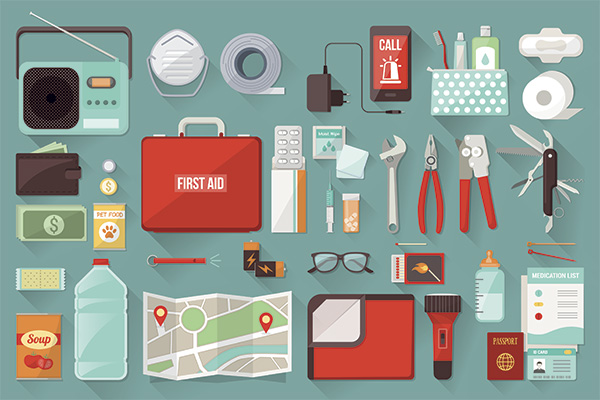


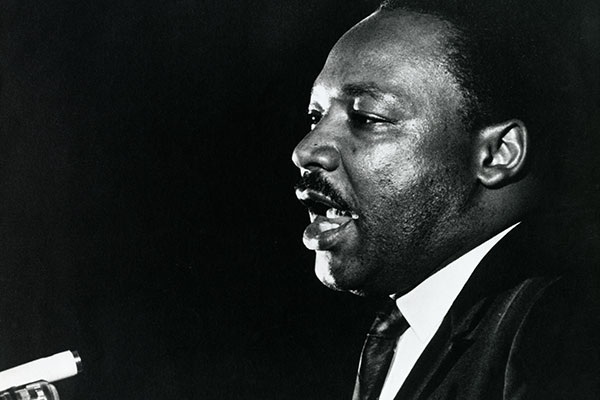

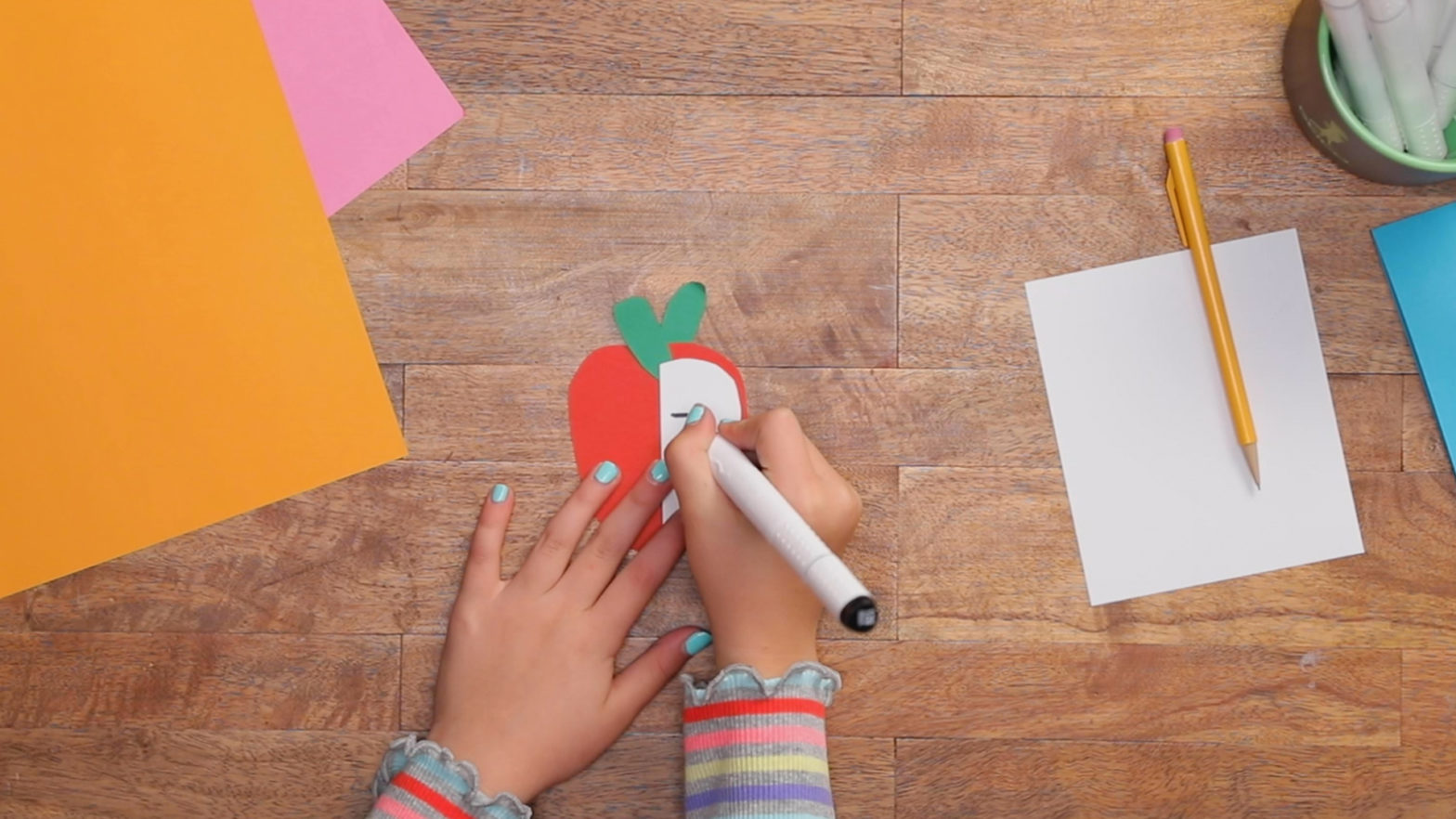
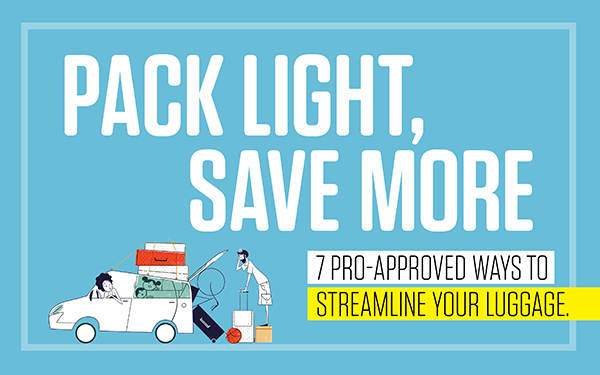

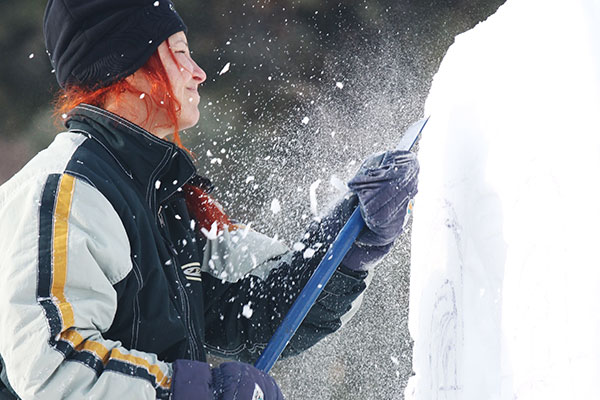
Leave a comment